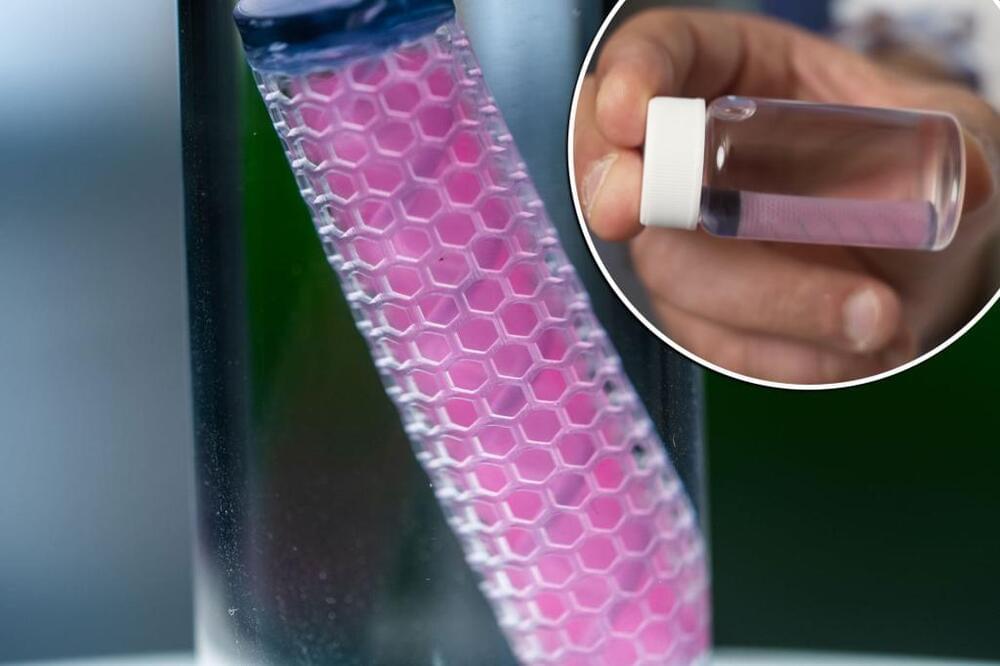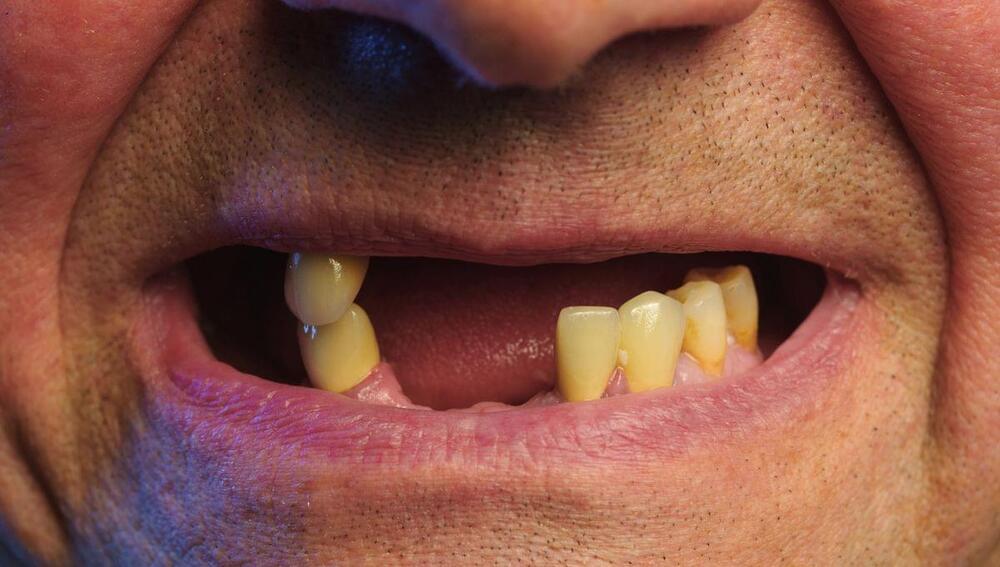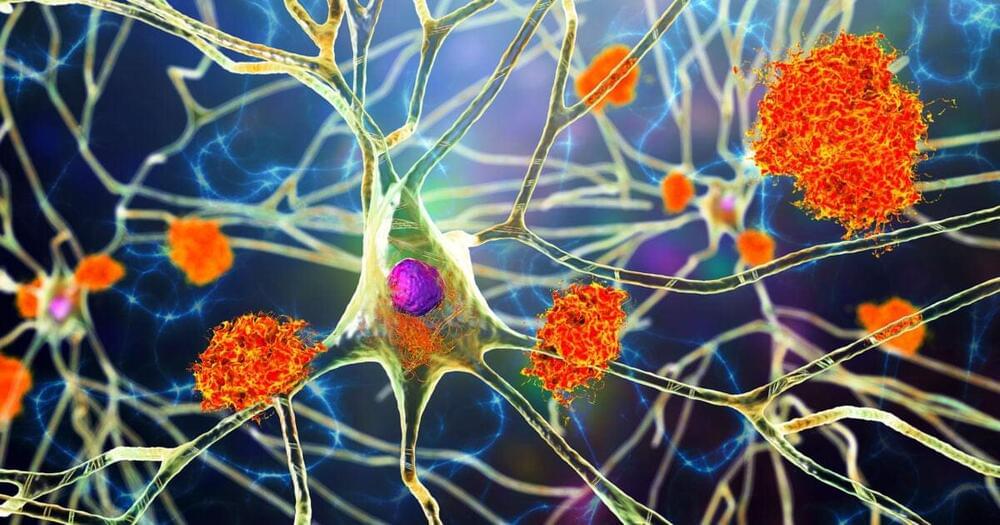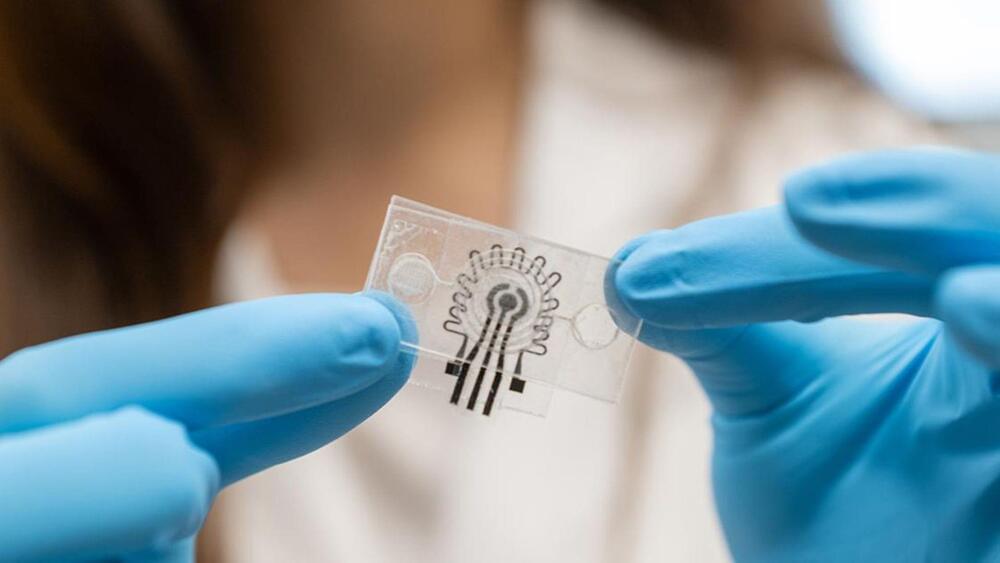That’s good news if it becomes successful! Cancer is such an awful disease.
There’ll be an app for that.
Curing cancer could soon be as easy as a few taps on your mobile, according to a team of scientists at Rice University who have received $45 million in funding for a novel, implant-based treatment system that could cut cancer death rates by 50%.
The funds, granted by the Advanced Research Projects Agency for Health, will be used to develop “sense-and-respond implant technology,” with the aim to improve the outcomes of immunotherapy treatments for cancers that are usually difficult to treat.








